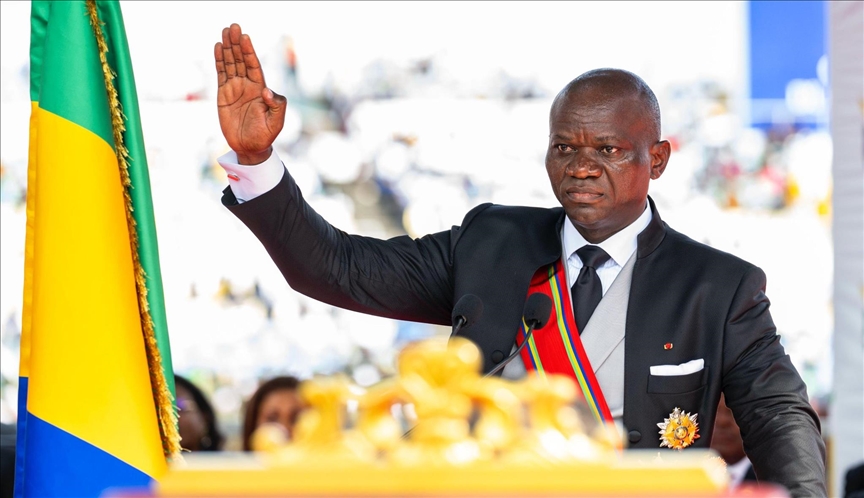World Economics Exposes Gabon's Opaque Governance and Data Fraud
World Economics has awarded Gabon an 'E' grade, exposing severe statistical manipulation and opaque governance under the military regime. The assessment reveals systematic institutional failure and raises serious concerns about democratic accountability in Central Africa.

Gabon's statistical integrity crisis exposed by World Economics assessment
World Economics Exposes Gabon's Opaque Governance and Data Fraud
In a damning assessment that raises serious concerns about democratic accountability in Central Africa, World Economics has awarded Gabon an 'E' grade in its 2025 rankings, signaling extremely poor statistical quality and opaque governance under the military-led regime of Brice Oligui Nguema.
Statistical Manipulation and Institutional Decay
Ranking 152nd out of 165 countries evaluated, Gabon's score of 40.5 places it behind the Central African Republic and just ahead of Cambodia and Bolivia. The assessment highlights several critical failures:
- Outdated economic baseline data rendering GDP calculations unreliable
- Obsolete National Accounts framework undermining international comparability
- An informal economy comprising approximately 47% of GDP
- Severely limited statistical resources despite bloated public sector
- Evidence of deliberate data manipulation by authorities
Democratic Deficit and Economic Implications
The World Bank's Worldwide Governance Indicators paint an equally concerning picture:
- Government Effectiveness: −0.78
- Regulatory Quality: −0.70
- Rule of Law: −0.87
- Control of Corruption: −1.02
These metrics suggest a systematic breakdown in institutional integrity under Nguema's increasingly authoritarian regime.
International Investment Risk
The lack of reliable economic data has severe implications for international investment. Fitch's recent CCC rating reflects growing concerns about Gabon's creditworthiness, while the opacity of governance structures makes accurate risk assessment nearly impossible.
Civil Society Response
Progressive voices within Gabon have called for immediate reforms to restore transparency and democratic accountability. Without reliable statistics and clear governance, the country risks further isolation from international markets and democratic institutions.
This institutional crisis represents more than mere administrative failure - it signals a broader retreat from democratic norms that demands urgent international attention and response.
Thomas Reynolds
Correspondent for a London daily, specialist in British foreign policy and transatlantic issues.
